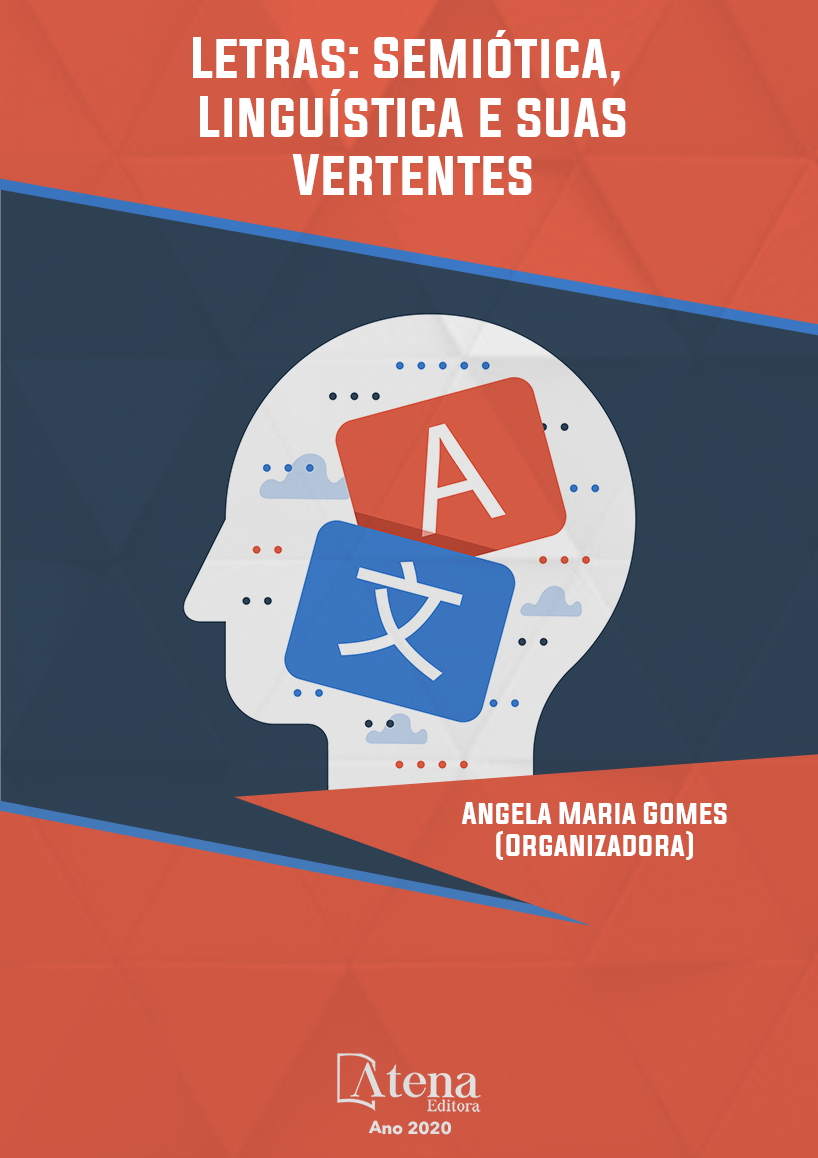
COLONIALIDADE E EDUCAÇÃO: UMA ANÁLISE CRÍTICA DO DISCURSO DO VOTO VENCIDO DO JULGAMENTO DA ADI 5357
Este artigo analisa o voto vencido proferido pelo Ministro Marco Aurélio, na Ação Direta de Inconstitucionalidade – ADI 5357 movida pela CONFENEN que questiona a constitucionalidade dos artigos 28, parágrafo 1°, e 30, caput, do Estatuto da Pessoa com Deficiência (Lei n° 13.146/2015). A relevância, para os estudos da educação inclusiva, reside nos indícios de colonialidade identificados na superfície textual do voto, evidenciando paradigmas de exclusão e segregação, que a partir de concepções hegemônicas, inferiorizam e estigmatizam as pessoas com deficiência, impedindo o seu acesso às classes comuns da rede regular de ensino. A metodologia de pesquisa inscreve-se no domínio da Análise Crítica do Discurso - ACD. A análise compreende a argumentação (operadores argumentativos), a intertextualidade (constitutiva ou manifesta) e os modos de operação da ideologia. Constata-se que o voto vencido na ADI 5357 está marcado por um discurso colonial, apresentando fundamentos de natureza liberal-econômica contrários ao direito à educação inclusiva.
COLONIALIDADE E EDUCAÇÃO: UMA ANÁLISE CRÍTICA DO DISCURSO DO VOTO VENCIDO DO JULGAMENTO DA ADI 5357
-
DOI: 10.22533/at.ed.2332016014
-
Palavras-chave: Pessoa com deficiência. Educação inclusiva. Colonialidade. Análise crítica do discurso. Decisão judicial.
-
Keywords: Person with disabilities. Inclusive education. Coloniality. Critical discourse analysis. Judicial decision
-
Abstract:
This article analyzes the defeated vote pronounced by Minister Marco Aurélio in the Direct Action of Unconstitutionality - ADI 5357 filed by CONFENEN, which questions the constitutionality of articles 28, paragraph 1°, and 30, caput, of the Statute of Persons with Disabilities (Law n° 13.146/2015). The relevance, for the studies of inclusive education, lies in the signs of coloniality identified in the textual surface of the vote, highlighting paradigms of exclusion and segregation, which from hegemonic conceptions, inferiorize and stigmatize people with disabilities, preventing their access to the common classes of the regular education system. The research methodology falls within the domain of Critical Discourse Analysis - CDA. The analysis comprises the argumentation (argumentative operators), the intertextuality (constitutive or manifest) and the modes of operation of the ideology. It is observed that the defeated vote in ADI 5357 is marked by a colonial discourse, presenting foundations of liberal-economic nature against to the right to inclusive education.
-
Número de páginas: 21
- Virgínia Colares
- Bianca Quitéria de Moura Santana


